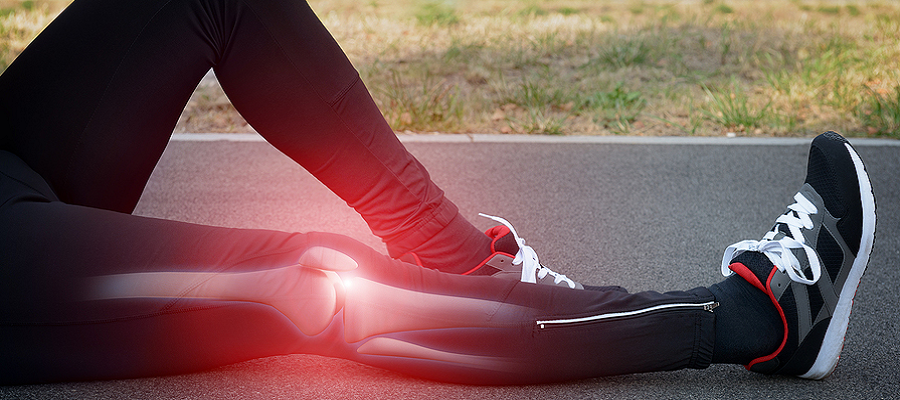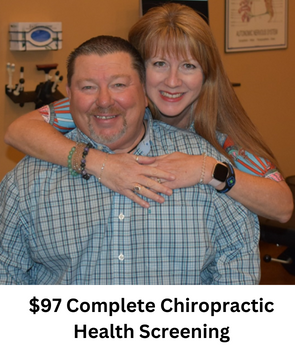
Building healthy bones is a very important component of health.Your bones are continuously changing — new bone is made and old bone is broken down. This process is called remodeling. When you are young, your body makes new bone faster than it breaks down old bone, and your bone mass increases. Most people reach their peak bone mass around age 30. After that, bone remodeling continues, but you lose slightly more bone mass than you gain.
The most common type of bone disease is osteoporosis. Osteoporosis is a disease that weakens your bones. It makes your bones thinner and less dense than they should be. People with osteoporosis are much more likely to experience broken bones. But fortunately, you are never too old or too young to improve your bone health.
Here are some tips:
● Incorporate plenty of calcium in your diet. Calcium is the most important mineral for bone health. But rather than trying to get a lot of calcium in one meal, spread calcium intake throughout the day. It is more readily absorbed that way. Another key to calcium absorption is vitamin D. Good sources of vitamin D are oily fish, eggs, fortified cereal and sunlight. Consider supplements if you are concerned that you are not getting enough.
● Exercise regularly. Daily exercise, especially weight-bearing exercise, is key to good bone health. Exercises that make your body work against gravity like walking, yoga, and Pilates can improve your strength and balance without putting too much stress on your bones.
● Make sure that you are eating enough protein. About 50% of bone is made of protein. Studies have shown that low protein intake decreases calcium absorption and may also affect rates of bone formation and breakdown.
Having strong bones is something people tend to take for granted, as symptoms often don’t appear until bone loss is advanced. Fortunately, there are many nutrition and lifestyle habits that can help build and maintain strong bones — and it’s never too early to start.
photo credit: bigstockphoto.com/amaviael


